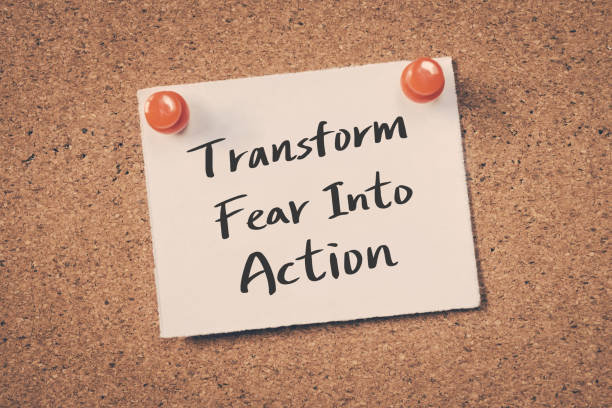Table of Contents
Fear is a universal human emotion that can hold us back from reaching our full potential. Whether it’s the fear of failure, public speaking, or the unknown, overcoming fear is essential for living a fulfilling life. This article explores strategies to help you face your fears and unlock your true potential.

Understanding Fear
Fear is a natural response to perceived threats or dangers. It’s a protective mechanism that alerts us to potential harm. However, when fear becomes excessive or irrational, it can interfere with our daily lives and limit our opportunities.
Challenging Negative Thoughts
One of the most effective ways to overcome fear is to challenge negative thoughts and beliefs. When faced with a fear, examine the thoughts running through your mind. Are they based on reality, or are they exaggerated or distorted? By questioning these thoughts, you can begin to reframe your perspective and reduce the impact of fear.
Gradual Exposure
Gradual exposure is a technique that involves gradually confronting your fear in small, manageable steps. This can help you build tolerance and reduce your anxiety over time. For example, if you fear public speaking, start by speaking in front of a small group of friends or family. Gradually increase the size of your audience as you become more comfortable.

Mindfulness and Relaxation Techniques
Mindfulness and relaxation techniques can help you manage stress and anxiety, which often accompany fear. Practice deep breathing, meditation, or yoga to calm your mind and body. These techniques can help you stay present and focused, reducing the power of fear.
Seeking Support
Talking to a trusted friend, family member, or therapist can provide valuable support and guidance. Sharing your fears with others can help you feel less alone and gain new perspectives. A therapist can also offer professional advice and tools to help you overcome your fears.
Setting Goals and Taking Action
Setting clear goals and taking action can help you overcome fear and build confidence. Break down your goals into smaller, achievable steps. Celebrate your successes along the way, no matter how small. Each step forward will help you build momentum and overcome your fears.

Embracing Vulnerability
Fear often involves vulnerability. Embracing vulnerability means acknowledging your fears and emotions without judgment. It’s okay to feel scared. By accepting your vulnerability, you can begin to overcome your fears and live a more authentic life.
Conclusion
Overcoming fear is a journey, not a destination. It takes time, patience, and perseverance. By understanding the nature of fear, challenging negative thoughts, and practicing effective coping strategies, you can gradually overcome your fears and unlock your full potential. Remember, you are not alone in your struggles. Many people face similar challenges, and with the right tools and support, it is possible to overcome fear and live a fulfilling life.

